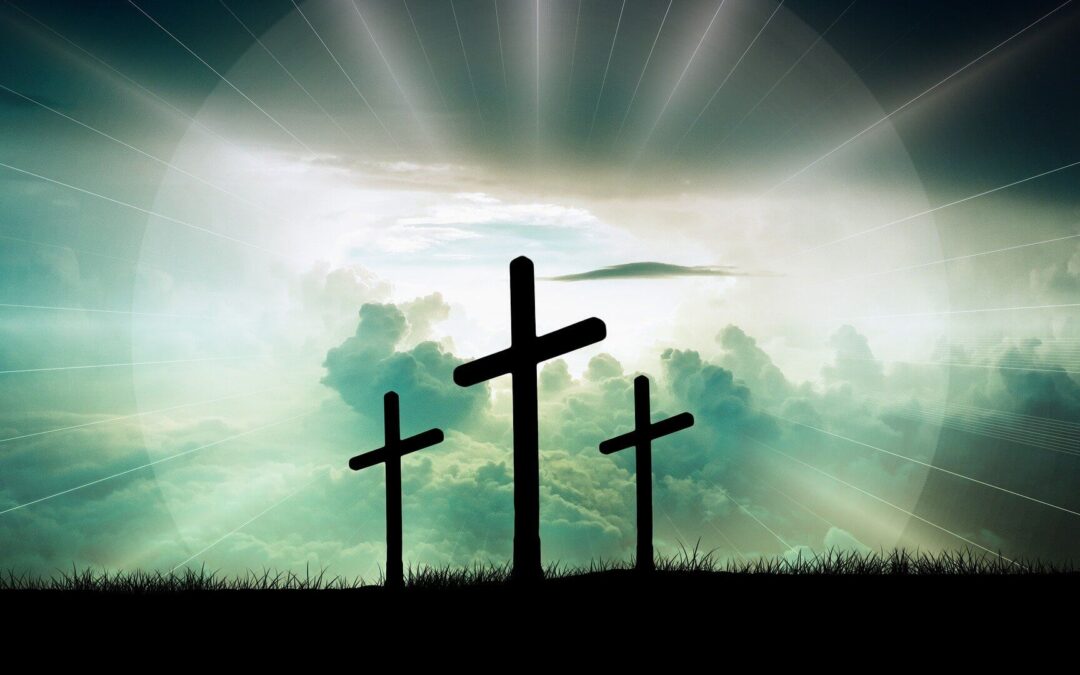“And Isaac spake unto Abraham his father, and said, my father: and he said, Here am I, my son. And he said, Behold the fire and the wood: but where is the lamb for a burnt offering?” Genesis 22:7 KJV
Isaac spoke to Abraham his father and said, “My father!” And he said, “Here I am, my son.” And he said, “Behold, the fire and the wood, but where is the lamb for the burnt offering?” Genesis 22:7 NASB
Genesis 22 is one of the richest chapters in the Old Testament. It provides not only the portrait of a believer going through a trial and the principles of worship, but one of the earliest pictures of Calvary as a father and son move together to an altar of sacrifice.
principles of worship, but one of the earliest pictures of Calvary as a father and son move together to an altar of sacrifice.
The links and comparisons are soul-thrilling. The emphasis on a son who is loved, the three days journey for deliberate contemplation, the frequent mentions of “the place,” and the substitute on the mount – are all rich material which stirs worship from our souls. It may well be that this is when “Abraham rejoiced to see My (Christ’s) day and was glad.” The believer looks back to that which Abraham looked forward.
But there is a marked contrast which is also a source and stimulus for worship. As Isaac made his way with his father to the mount, his question showed his ignorance. He saw the fire and wood but did not see the lamb. While his question reminds us of a future provision which God would supply, His own Son, it also reveals what Isaac did not know – or at least, did not know up until that point.
John, in His Gospel, which asserts the deity of our Lord Jesus Christ, emphasizes the knowledge of Christ. In virtually ever chapter, we are reminded of what the Lord knew. He knew Nathaniel in chapter 1, the hearts of all men in chapter 2, He knew spiritual realties in chapter 3:11, and He was the man Who knew all about the Samaritan woman in chapter 4.
But what is most amazing is that “He knew all things which should come upon Him” (ch 18:4; 19:28). Nothing was hidden from His knowledge. Not only did He know all that would occur at Calvary, but He was the only One Who could fully know the immensity of the suffering which awaited Him. He alone knew the depths of depravity of our hearts that would explode against Him in those hours. Yet knowing all, He “went forth” to endure it.
We may marvel at Isaac allowing himself to be bound and placed on the altar; but we worship when we consider the Son, Who knowing all from the very beginning of the journey (from before the foundation of the world) came, went, and endured the cross.
Consider:
- Trace the knowledge of Christ through each of the chapters of John’s Gospel.
- What other contrasts with the sacrifice of Christ can you find in the story?
- Notice the confession of Peter in John 21 as to the knowledge of Christ.

